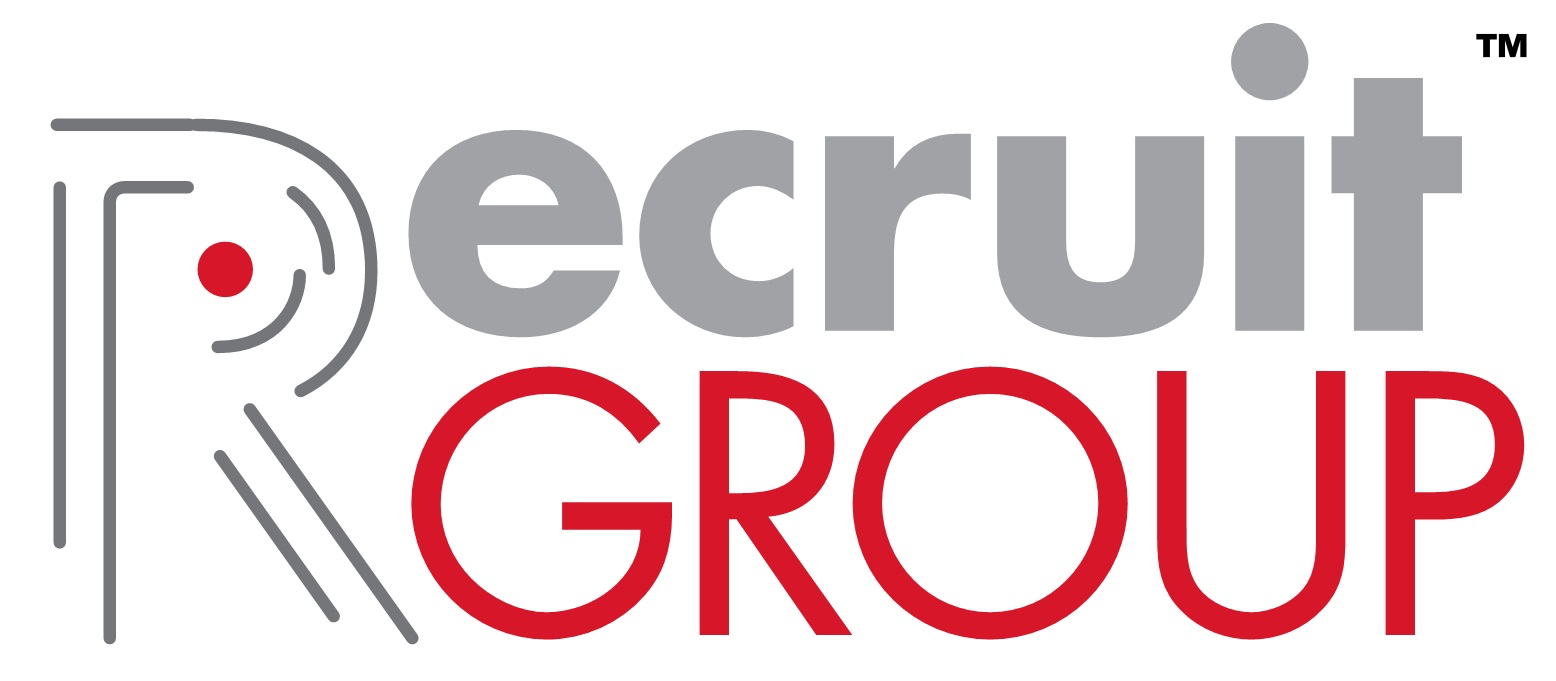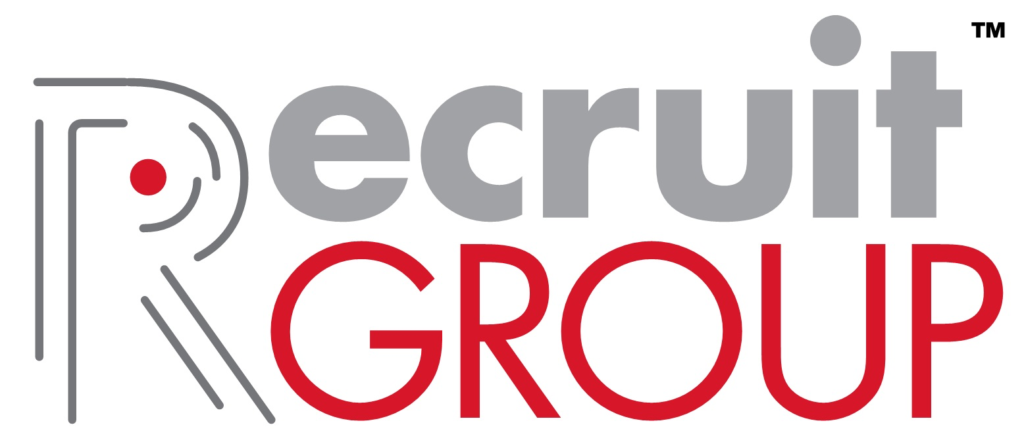Recruiting Roadmap: HR Hacks for Small Businesses
As a recruiter, I have had the opportunity to work with many security companies over the years, and one challenge that it seems like many smaller groups face is the issue of how to handle HR functions without a full-blown HR department.
While it can be daunting for small businesses to tackle HR tasks on their own, many have found creative ways to overcome this challenge.
Here are six solutions for small companies to be able to manage HR functions without a dedicated HR department:
1. Outsourcing
Outsourcing HR functions is an effective way for small companies to manage HR tasks without a dedicated HR department. There are many HR service providers that offer comprehensive HR solutions at an affordable cost. These providers can manage HR functions such as payroll, benefits administration, employee relations, and more. This enables small companies to focus on their core competencies while the HR functions are managed by experts saving not only money but also their time.
2. Technology Solutions
HR technology has come a long way in recent years and has become an affordable option for small companies. HR software solutions can help with tasks such as payroll, time tracking, benefits administration, and more. Additionally, online HR platforms can automate many HR functions, such as onboarding and employee record-keeping. Using technology can save time, increase accuracy, and reduce the errors associated with manual HR processes.
3. Employee Cross-Training
Small companies can train employees in various HR functions, allowing them to handle HR tasks in addition to their regular duties. Taking the time to cross-train detail-oriented employees can help ensure that HR tasks are performed correctly and efficiently. This can also help the company save on HR costs and provide employees with a diverse set of skills. This is especially useful if there is an employee that is looking for growth or to get into HR long term. Remember HR is a sensitive department, so be careful who you trust with this role as there is a lot of personal information that cannot be disseminated freely.
4. Professional Advice
Small companies may not have the in-house expertise to handle complex HR issues, such as compliance with employment laws and regulations. Seeking professional advice from an HR consultant or sometimes even an employment lawyer can help ensure that HR functions are handled correctly and in compliance with legal requirements. This can also help small companies avoid legal risks associated with HR practices. Hiring a consultant is a great way to bring a lot of expertise to the table for a low cost.
5. Clear HR Policies and Procedures
Small companies can create clear HR policies and procedures to ensure that tasks are handled consistently and efficiently. HR policies and procedures can be developed for tasks such as recruitment, performance management, and disciplinary actions. This can also help ensure that employees are aware of company policies and understand how to follow them while remaining fair and unbiased.
6. Developing a Company Culture of Trust and Transparency
Small companies can develop a culture of trust and transparency to help manage HR functions effectively. This can involve open communication, feedback, and employee engagement initiatives. Creating a positive company culture can help prevent HR issues such as high turnover rates, low employee morale, and other related problems.


